Loan vs Lease vs Cash?
Loan vs Lease vs Cash?
Loan vs Lease vs Cash: Navigating Your Payment Options
When it comes to making a significant purchase, whether it's a car, a home, or another high-value asset, one of the critical decisions you'll face is how to pay for it. The three primary options are taking out a loan, entering into a lease agreement, or paying in cash. Each method has its advantages and disadvantages, and understanding the nuances of "Loan vs Lease vs Cash" can help you make an informed decision based on your financial situation and preferences.
Loan:
Pros:
Ownership: When you take out a loan, you immediately gain ownership of the asset. This is particularly advantageous when it comes to long-term investments like a home.
Equity Buildup: With each loan payment, you're not just covering interest; you're also building equity in the asset. Over time, you'll own the asset outright, which can be a valuable long-term investment.
Customization: Whether it's a car or a home, ownership allows you the freedom to customize and modify the asset to suit your preferences.
Cons:
Down Payment and Interest: Loans often require a substantial down payment, and you'll also be paying interest over the life of the loan. This can make the overall cost of the asset higher compared to other payment methods.
Depreciation: Some assets, like cars, depreciate over time. If the value of the asset drops below the outstanding loan balance, you could find yourself in a financially challenging situation.
Lease:
Pros:
Lower Monthly Payments: Lease payments are typically lower than loan payments, making it an attractive option for those looking to manage monthly expenses.
Newer Models: Leasing allows you to drive or use the latest models without committing to ownership. This is ideal for individuals who enjoy having the latest technology or features.
Maintenance Benefits: Lease agreements often cover maintenance costs, saving you from unexpected repair bills.
Cons:
No Ownership: At the end of the lease term, you don't own the asset. If ownership is a priority for you, leasing may not be the best choice.
Mileage Restrictions: Lease agreements often come with mileage restrictions, and exceeding them can result in additional charges. This can be limiting for those who travel extensively.
Customization Limitations: Most leases come with restrictions on customizing the asset. If personalization is important to you, leasing might not be the best fit.
Cash:
Pros:
No Interest: Paying in cash means you won't incur any interest charges, potentially saving you money over the long term.
Immediate Ownership: Like with a loan, paying in cash means you own the asset outright from day one.
Negotiation Power: Sellers may be more willing to negotiate on price when presented with a cash offer.
Cons:
Reduced Liquidity: Using cash for a large purchase can deplete your savings, leaving you with less liquid capital for emergencies or other opportunities.
Opportunity Cost: By tying up a significant amount of cash in an asset, you might miss out on other investment opportunities that could yield higher returns.
Limited Purchasing Power: Depending on the cost of the asset, paying in cash might limit your ability to acquire other items or investments simultaneously.
In conclusion, the choice between a loan, lease, or cash payment depends on your individual financial goals, preferences, and the specific circumstances of the purchase. Evaluate the pros and cons of each method, considering factors such as ownership, monthly cash flow, and long-term financial objectives. By carefully weighing your options, you can make an informed decision that aligns with your financial well-being and lifestyle.
About
We are licensed, bonded, and insured general contractors committed to providing eco-friendly and cost effective home solutions for Florida residents.
Contact Info
221 NE 44th Street Oakland Park, Florida 33334
Mon - Sat : 09.00 AM - 05.00 PM
888-513-3321
LICENSE NUMBER: EC13013559
Solar System Calculator
221 NE 44th Street Oakland Park, Florida 33334
888-513-3321
Mon - Sat : 09.00 AM - 05.00 PM
Get a Free Consultation
© 2023 Empire Solar & Roofing. All Rights Reserved










